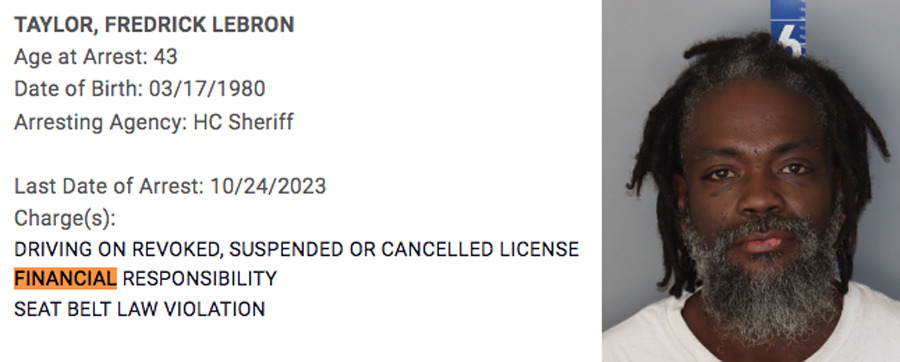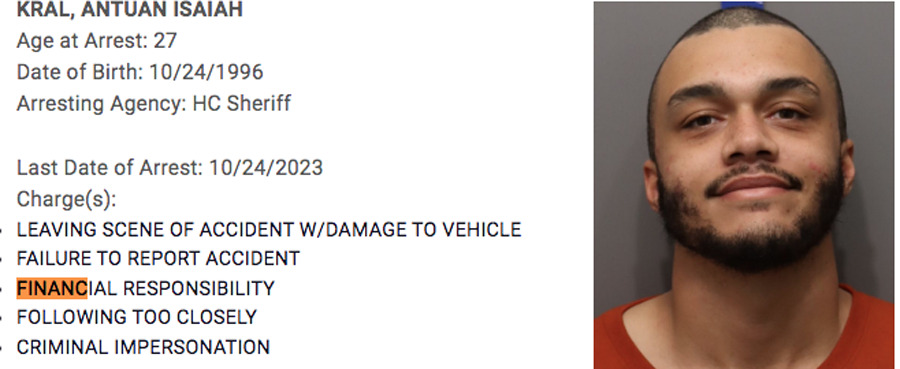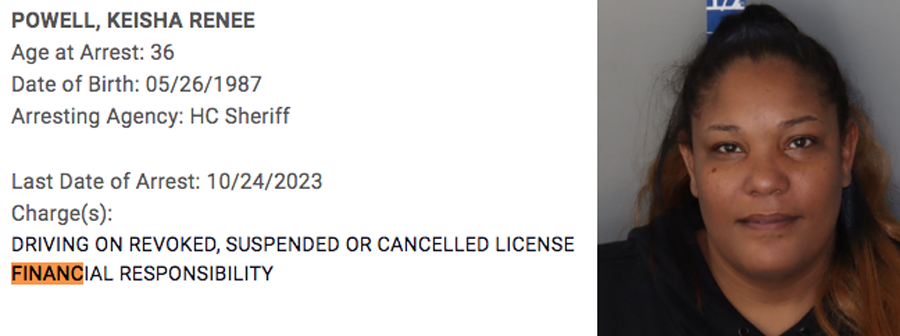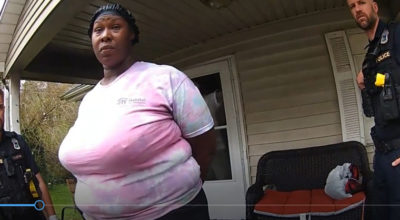
This is the registration form of my 2000 Honda Odyssey minivan, which is no longer a motor vehicle (able to do commerce), but just an automobile that I still use for private purposes. Its registration is revoked. Registration converts an auto into a motor vehicle, allowing the owner or operator to make profit and gain on the people’s streets, roads and boulevards. Cops are not agents of the department of revenue; in Hamilton County, the department’s sole agent is Bill Knowles, the county clerk. But cops criminally charge people as if they were agents of Cmsr. David Gerregano. (Photo David Tulis)

Camille Cline, revenue department attorney
Camille Cline, the department of revenue attorney defending “The Guano,” is lining her case up to insist on no discovery on my part as I sue to overthrow the fraudulent, oppressive program of “no insurance” prosecutions statewide for many years.
By David Tulis / NoogaRadio Network
Summary judgment is a move in court that a party files to insist on a judgment from the court as a matter of law, as no facts are in dispute. A ruling of summary judment forecloses on discovery on grounds that no discovery is needed, as no essential facts for a ruling are missing.
It says no discovery is needed, because there are no disputed facts. In a way, Mrs. Cline is right, that the controlling matter is law and what the law says. A breach of law is breach of law, and if Cmsr. David Gerregano is doing that, it is evident in my facts of my tag revocation case. These facts alone, one might argue, are sufficient for deadlines for briefs to be set, and submitted to administrative judge Brad Buchanan.

These are people criminally charged for not “having insurance” or “proof of insurance.” Unless they are involved in a qualifying accident, they are under no duty to have insurance, and are oppressively prosecuted in violation of the Tennessee financial responsibility law of 1977, created originally in 1948. (Photo Chattanoogan.com)



